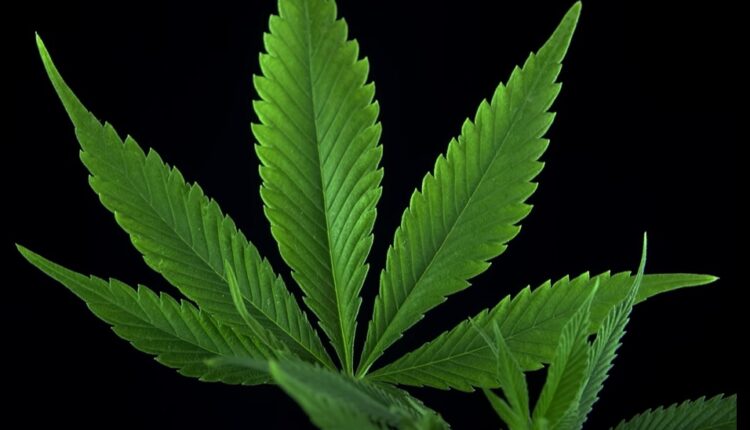
Though it’s been over a month since Ohio voted overwhelmingly to legalize adult-use marijuana, Governor Mike DeWine (R) and the rest of the state are in a bind. Weed is legal, but the state legislature is locked in a contentious debate over how to implement the program and begin cannabis sales.
A vocal opponent of cannabis legalization, DeWine called it “ridiculous” that Ohioans can use, possess and grow marijuana, but can’t legally buy it.
“I have a sense of urgency of our need to really get something done,” DeWine said in an interview with WSYX, a local ABC station. “The legislation needs to take action now so that we can actually start selling it in Ohio legally and control how it is being sold so the person buying it knows exactly what they’re getting.”
The governor also expressed concern for the vast and uncontrolled sale of intoxicating hemp-derived cannabinoids such as delta-8 THC.
“We have to plug that loophole in the law. That’s why I have excessive urgency to get something done.”
Proliferation Of Illicit Market
DeWine cautioned against dragging out retail sales and the possible emergence of a black market, a situation that has dogged New York for nearly two years.
“Let’s get something done so we don’t have this crazy situation where we’re growing this black market … it’s a mess right now,” he said.
DeWine urged the House to come to the table with a bill to get the ball rolling. But the House, on holiday break since last week, hasn’t seen a need to rush. Speaker Jason Stephens promised action in January.
Before the Ohio House broke for the holidays, Rep. Jamie Callender (R) introduced a bill offering a less drastic divergence from the voter-approved initiative.
Meanwhile, the GOP-controlled Senate bill, passed in December, would allow existing medical marijuana dispensaries to begin sales within 90 days of enactment. It would also tweak home-grow limits, set THC caps and change how cannabis revenue is distributed.
In terms of allocating cannabis tax revenue, DeWine and the Senate want funds mainly to be diverted to law enforcement, a stark pivot from the initiative’s intended support for social equity and job placement programs. Advocates say the original legalization initiative was intended to diminish the role of law enforcement in marijuana regulation.



